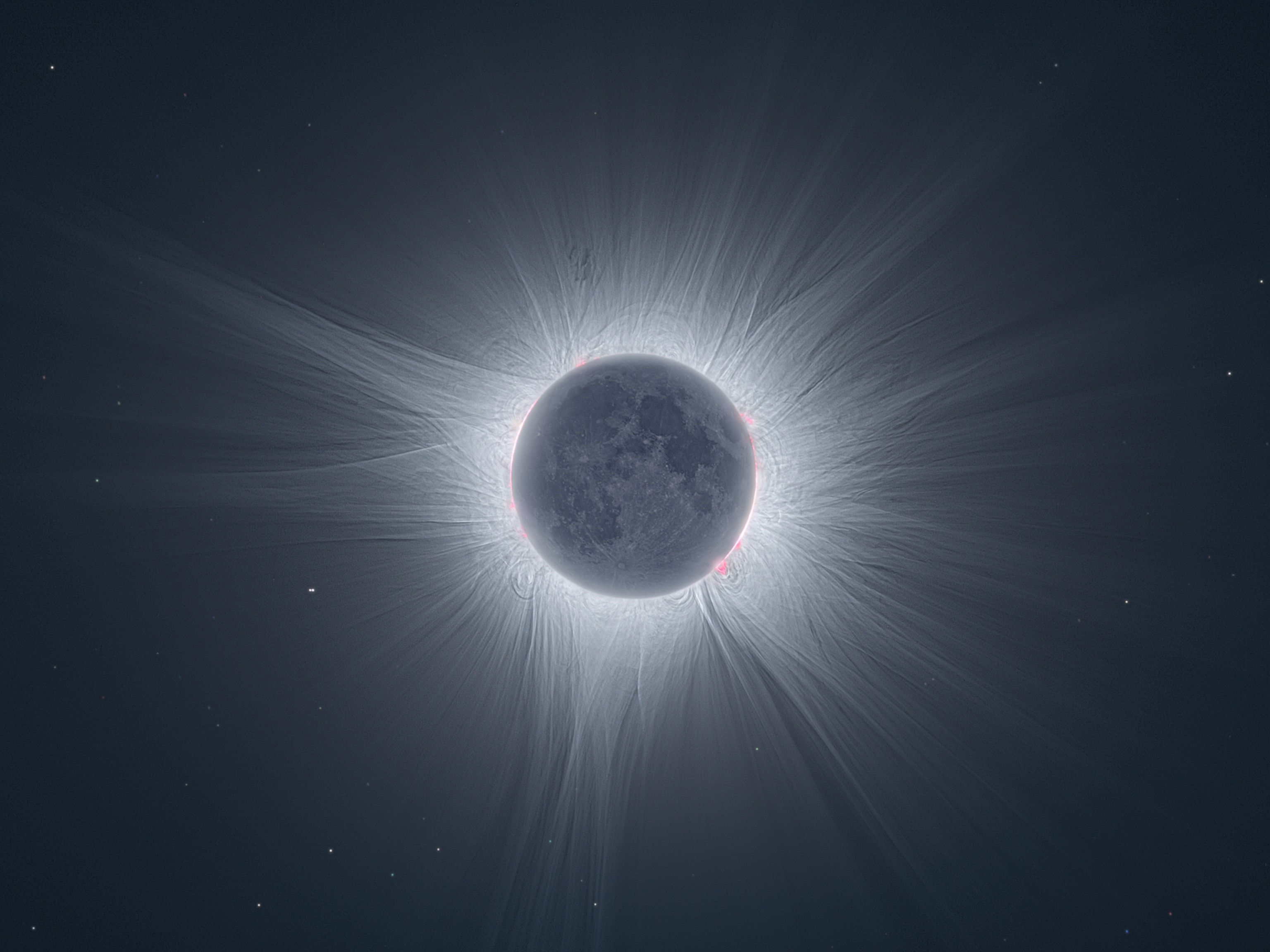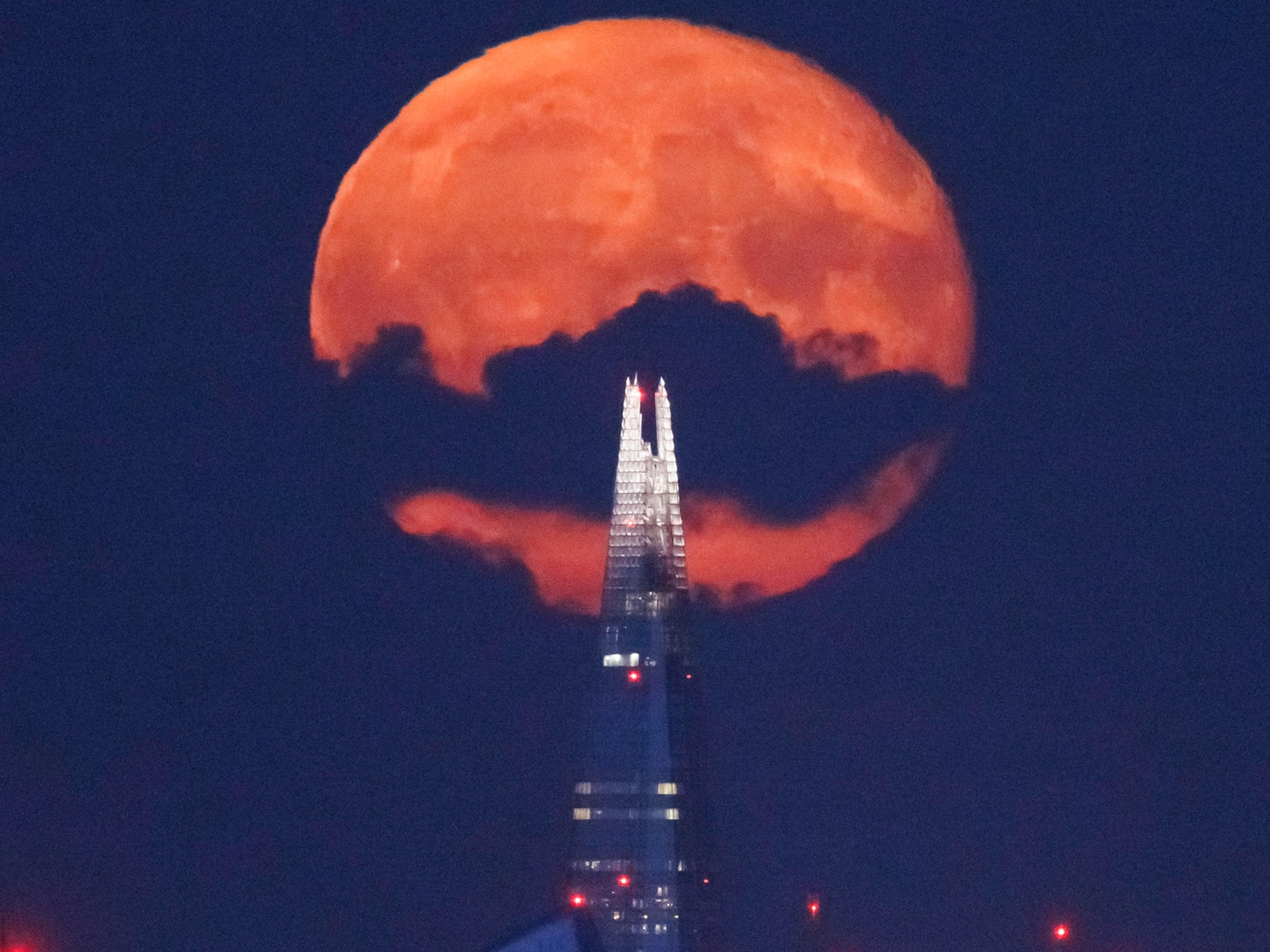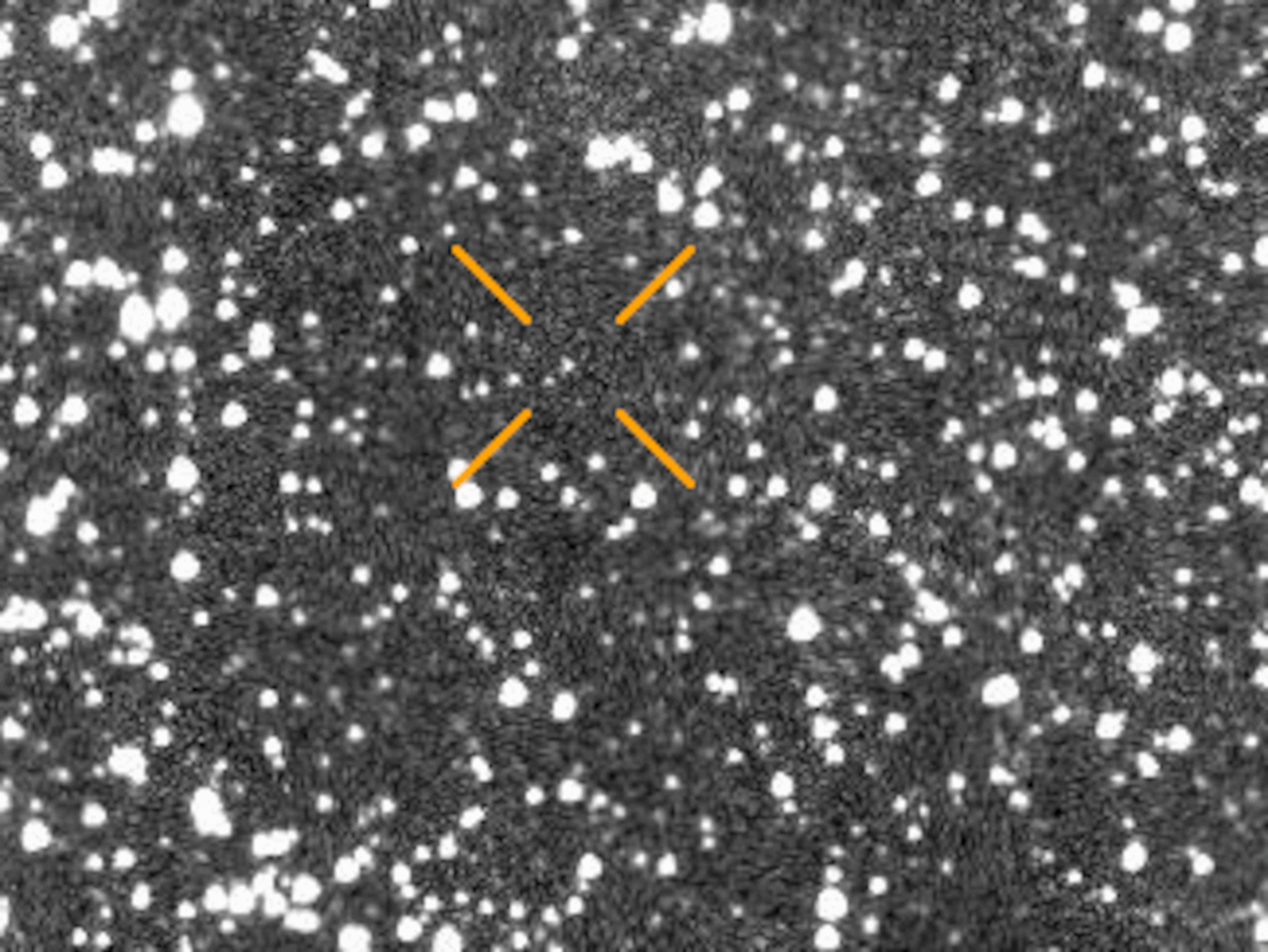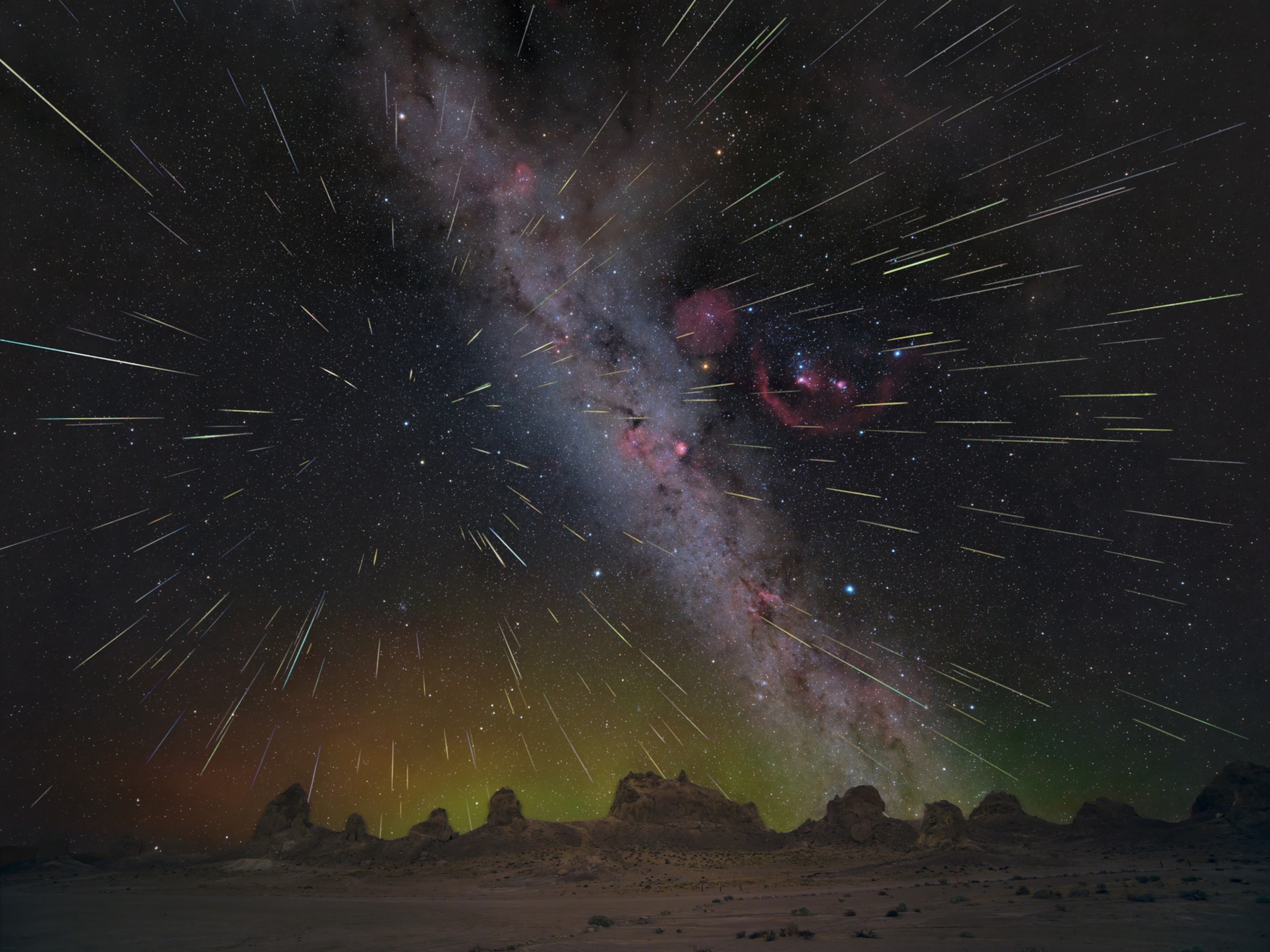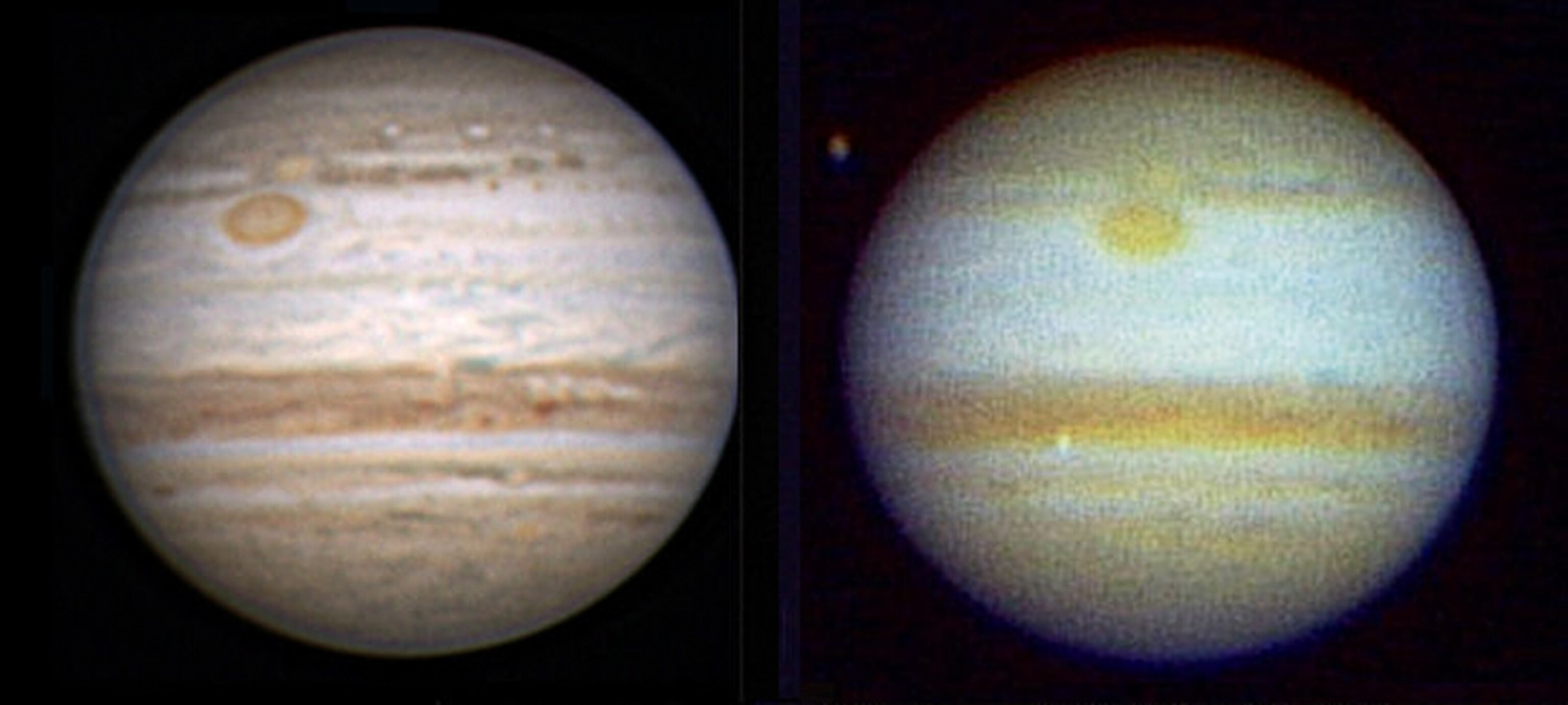
Third Jupiter Fireball Spotted—Sky-Watching Army Needed?
Amateur sightings prompt call for a network of backyard astronomers.
On August 20, for the third time in about a year, amateur astronomers spotted a fireball above Jupiter's atmosphere.
The discovery suggests the planet gets walloped more often than previously thought, say astronomers, some of whom are calling for a global "volunteer army" of backyard Jupiter watchers.
The recent flash follows on the heels of July 2009 and June 2010 fireballs over the gas giant planet. (See "Bright Fireball Slams Into Jupiter" [June 2010] and "Jupiter Impact Creates Huge New Spot" [July 2009].)
Astronomers speculate that the August 20 flash was caused by a relatively small meteoroid burning up completely in Jupiter's upper cloud deck.
Video Taken by Amateur Astronomer Masayuki Tachikawa on August 20
"The brightness and duration of the flash were comparable to the one in June 2010, which we estimated to be roughly 8 to 13 meters [26 to 43 feet] across—smaller than a Greyhound bus," said planetary scientist Heidi Hammel of the nonprofit Space Science Institute in Boulder, Colorado.
In 1994 Hammel led the Hubble Space Telescope team charged with investigating the famous impact of comet Shoemaker-Levy 9 on Jupiter.
Since Shoemaker-Levy, the conventional wisdom has been that Jupiter fireballs are rare cosmic events. But given the three recent fireballs, astronomers are starting to think the flashes might be fairly common.
(Related: "Jupiter Loses Big Belt; Great Spot Left Hanging.")
Pros Already Rely on Amateur Astronomers
Jupiter may be getting walloped as often as every few weeks, experts say. But the number of potential impactors in Jupiter's vicinity remains a mystery.
"We don't know the population of these objects in the outer solar system, and we will never pick them up in sky surveys, because they are just too small to see before they impact," said Amy Simon-Miller, chief of the Planetary Systems Laboratory at NASA's Goddard Spaceflight Center in Greenbelt, Maryland.
That's where amateur astronomers come in.
"We rely on them quite a bit to monitor Jupiter, because we just can't do that from the professional telescopes," Simon-Miller said. "Time is so constrained on them, and everybody wants to use them.
"Also, most cameras on these large scopes are not designed to take videos," she said. "So it would be very difficult for us to catch one of these."
Catching the Jupiter flash apparently wasn't very difficult for astronomy hobbyist Masayuki Tachikawa of Kumamoto, Japan, who made a video of the August 20 Jupiter fireball, according to spaceweather.com.
Within hours after the initial report of the fireball went online on the 20th, a second Japanese sky-watcher realized he'd independently recorded the same flash. Each stargazer had used nothing more than a webcam attached to a backyard telescope.
Ongoing technological advances in consumer-grade gear are driving the rise in Jupiter-impact observations, Simon-Miller said. "Most amateurs are now taking high resolution, digital videos, whereas in the past they used to just take photographs and make sketches," she said.
And, thanks in part to all the Jupiter-flash publicity, telescope enthusiasts "now know how to look for these things."
With backyard astronomers having proven their mettle, A Web-based global amateur network for monitoring Jupiter impacts would prove valuable, the Space Science Institute's Hammel said.
Such a network is forming "organically already," she added. "All that would be needed are specific protocols," such always noting the duration of a flash and notifying professional astronomers.
(Related: "'International Observe the Moon Night' Next Month.")
Clues to Avert an Asteroid Impact on Earth?
With amateur astronomers increasingly monitoring Jupiter, scientists hope a clearer picture might emerge on the true number of meteors in the solar system.
"The scientific significance is that, with the increasing number of these [impact] events, we can begin to build a rigorous census of objects in Jupiter-crossing orbits, which we had apparently underestimated," Hammel said.
"Of more direct importance to us here on Earth is our understanding of the Earth-crossing objects, and these [Jupiter] observations will inform and revise our knowledge of these potentially hazardous bodies."
For more, see "'Killer Asteroid' Debate Pits Gravity Tractors Against Bombs" >>


